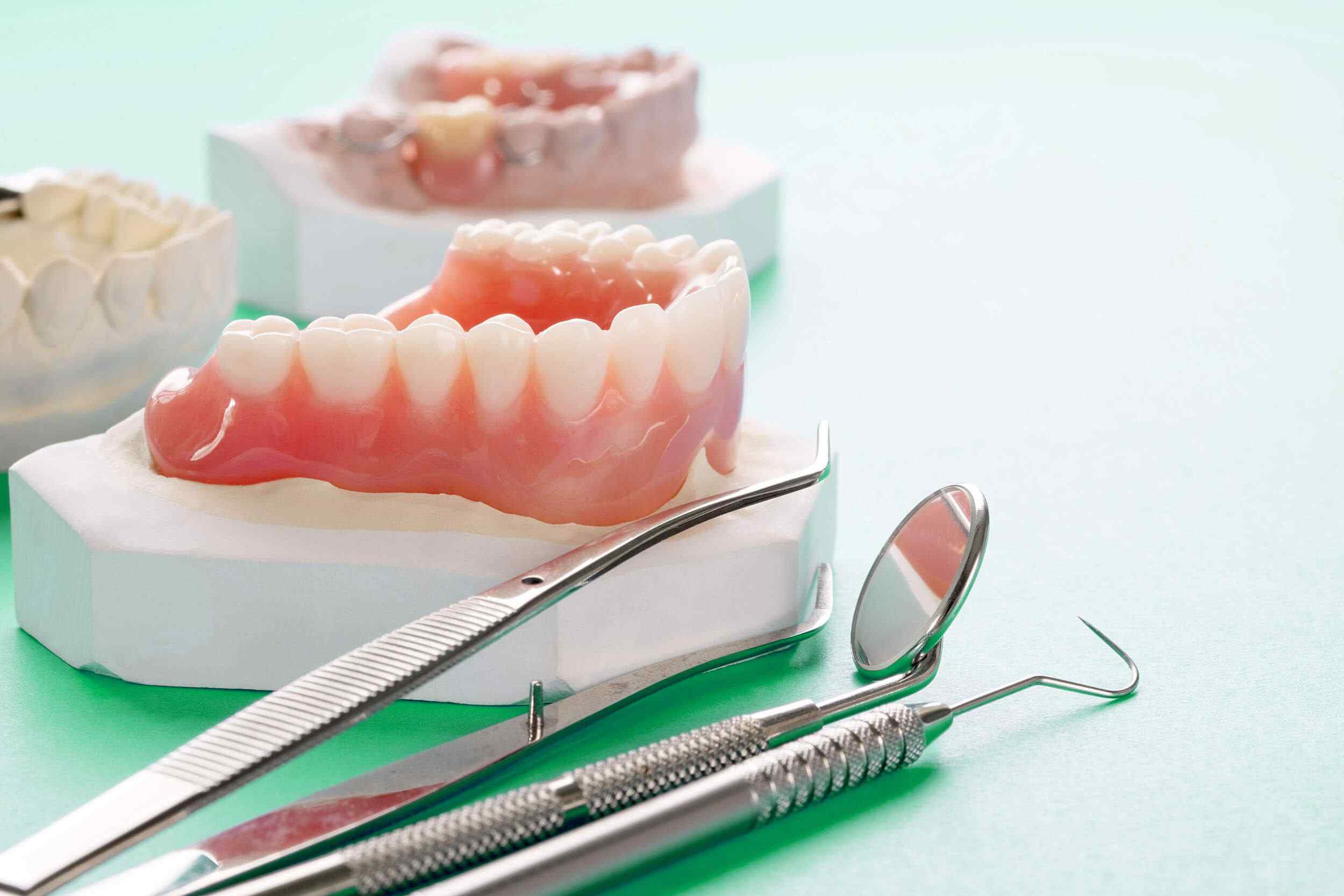It is common knowledge that the effects of tobacco on our bodies are devastating. We are talking about 4,000 toxic and carcinogenic substances that we introduce into our body every time we puff on a cigarette.
Since it is precisely through the mouth that we introduce all the toxicity of tobacco smoke, this is one of the parts of the body most affected by the bad habit of smoking.
But the damage caused by smoking goes beyond simple stains on the teeth or bad breath.
In addition, smoking complicates periodontal diseases and is a risk factor for the development of oral cancer.
And as if all this were not enough, smoking is also one of the main causes of dental implant failure.
Since the negative consequences of smoking on the health of the mouth are very diverse, in this article we are going to focus precisely on the complications that smoking presents to patients who have implants.
Dental implants: What is their success rate?
Dental implants are a long-term solution that allows patients to recover the esthetic and chewing function of one or more teeth.
At this point, let us recall that these implants are basically small titanium fixtures that are inserted into the bone.
By means of a natural process carried out by the body and called osseointegration, these attachments are integrated into the bone, forming a solid union between the two.
As a result of this integration, the implant begins to function as the natural root of the lost tooth.
What is the relationship between the mouth and tobacco?
According to data from the Spanish Society of Periodontology and Osseointegration (SEPA), 98% of dental implants integrate satisfactorily into the bone.
Therefore, dental implant surgery is one of the surgical procedures with the highest success rate.
Although the failure rate of 2% may sound high, the truth is that, in most cases, the problems arise from not respecting the indications for treatment.
And, of course, one of the most difficult guidelines for many people to follow is that of not smoking.
You may be interested in ” The most frequent problems (biological and mechanical) in dental implants
However, it is important to be clear that smoking can cause the integration of the implant with the bone to fail.
Dental implant treatment has a failure rate of 2%. However, in most cases failure can be avoided by following the indications given by the implantologist.
What complications does smoking cause in dental implants?
Some of the negative effects of smoking on dental implant treatment are as follows:
1. It slows down healing.
The placement of dental implants requires a small surgery in the gum area where the implant will be placed.
However, nicotine causes the natural healing after surgery to be slower than it should be. Or even that the operated area becomes infected.
Placement of a dental implant
Enlarge image
PLACEMENT OF A DENTAL IMPLANT
2. It generates infections
Tobacco reduces the body’s defensive capacity against possible aggressions by bacterial agents.
This makes smoking patients more prone to suffer infections when the wound has not yet healed.
Try to quit smoking
If you cannot stop smoking for good, you must at least commit yourself to quit smoking fifteen days before the surgery and not to start smoking again for eight weeks. If you do not do it, it is possible that the treatment will fail.
3. It hinders osseointegration
In the specific case of osseointegration, the effects of nicotine cause the union of the implant in the maxillary bone to be slower than normal.
As a result, the integration of the implant in the bone will be more fragile and more likely to fail.
What should smokers who need implants do?
The risks arising from the combination of smoking and dental implants mean that the main recommendation to promote the success of the treatment is to stop smoking for good.
Although the ideal would be to stop smoking permanently, there are certain people who claim they are unable to do so.
In these cases, we ask the patient to make a commitment to stop smoking at least two weeks before the intervention, as well as eight weeks after.
Although in this way we cannot avoid all the risk associated with the placement of implants in smokers, we will reduce it substantially.
And, avoiding smoking eight weeks after surgery will facilitate the most important process of all that takes place in an implant treatment: osseointegration.




